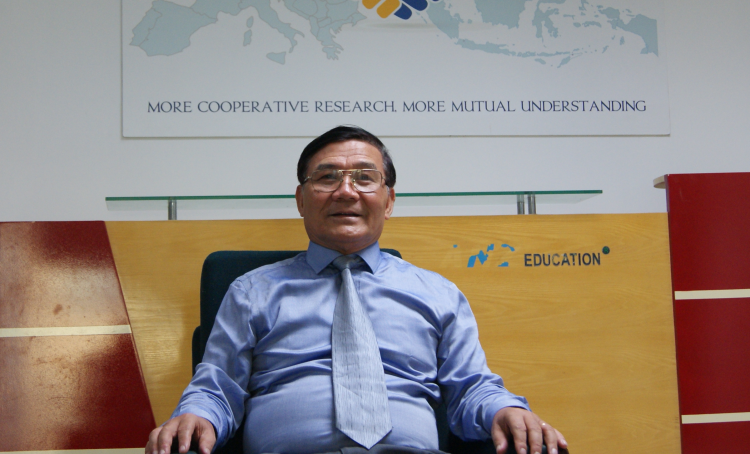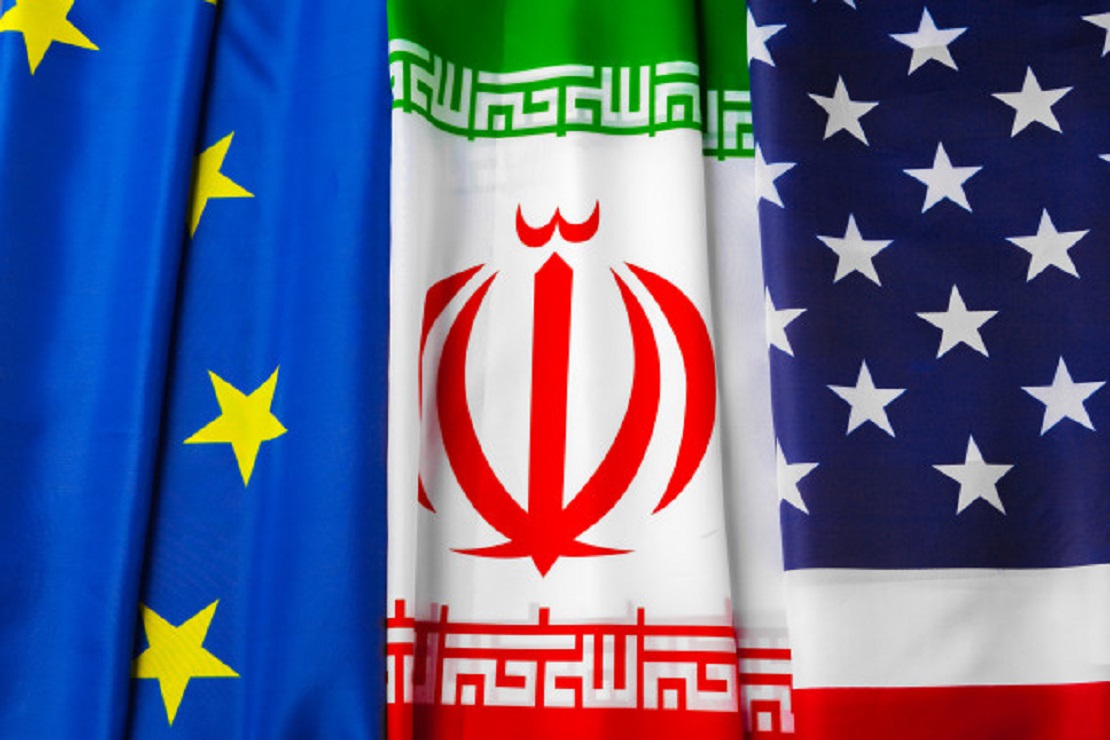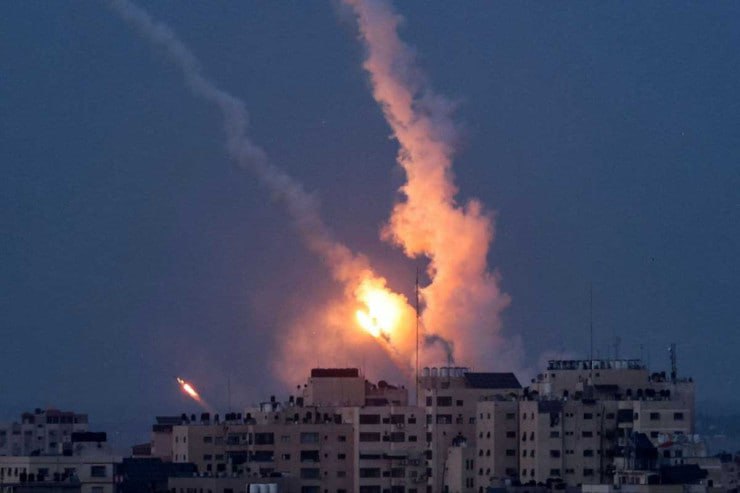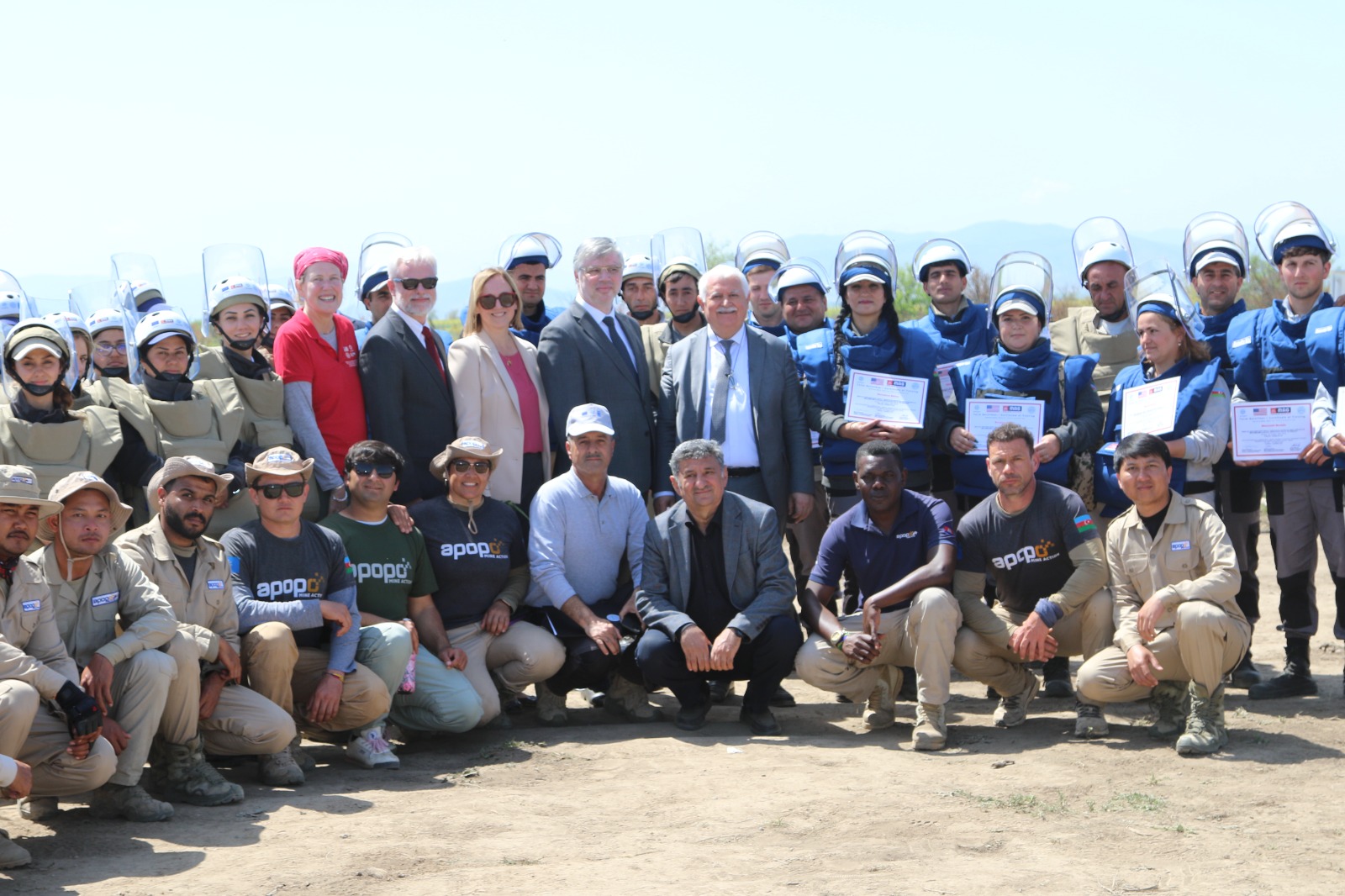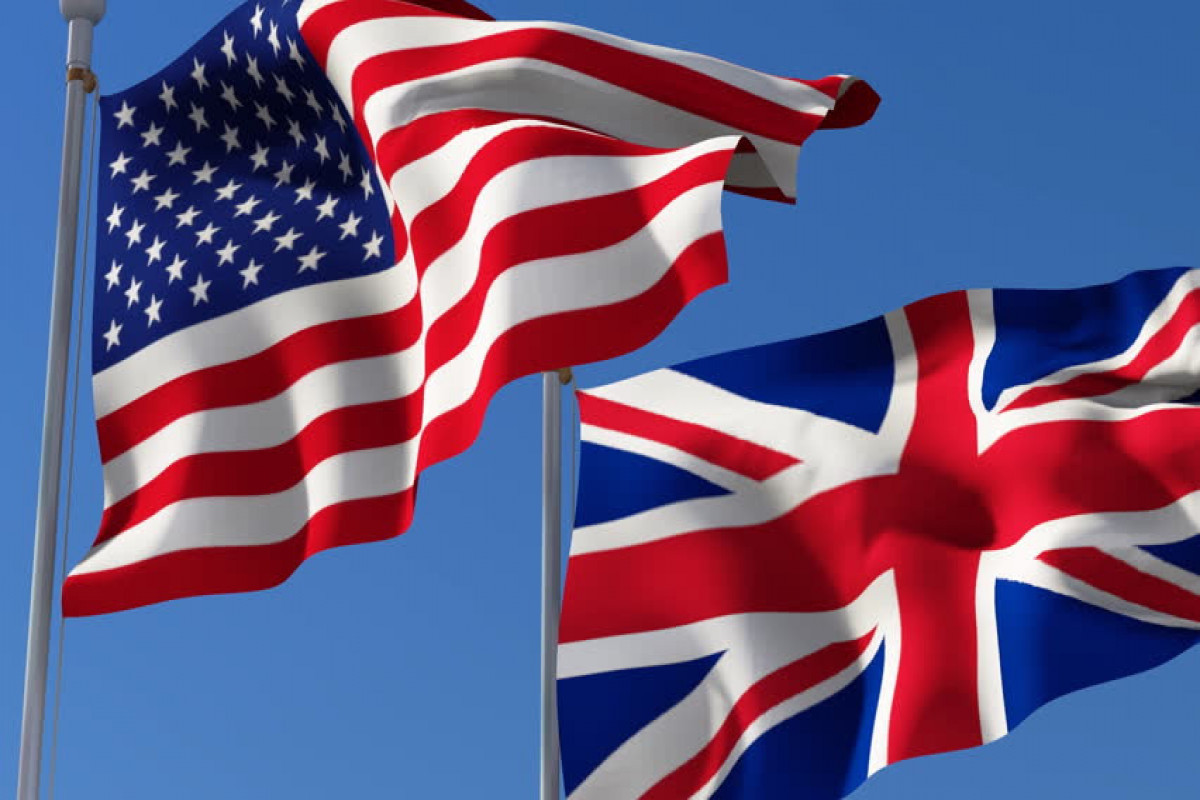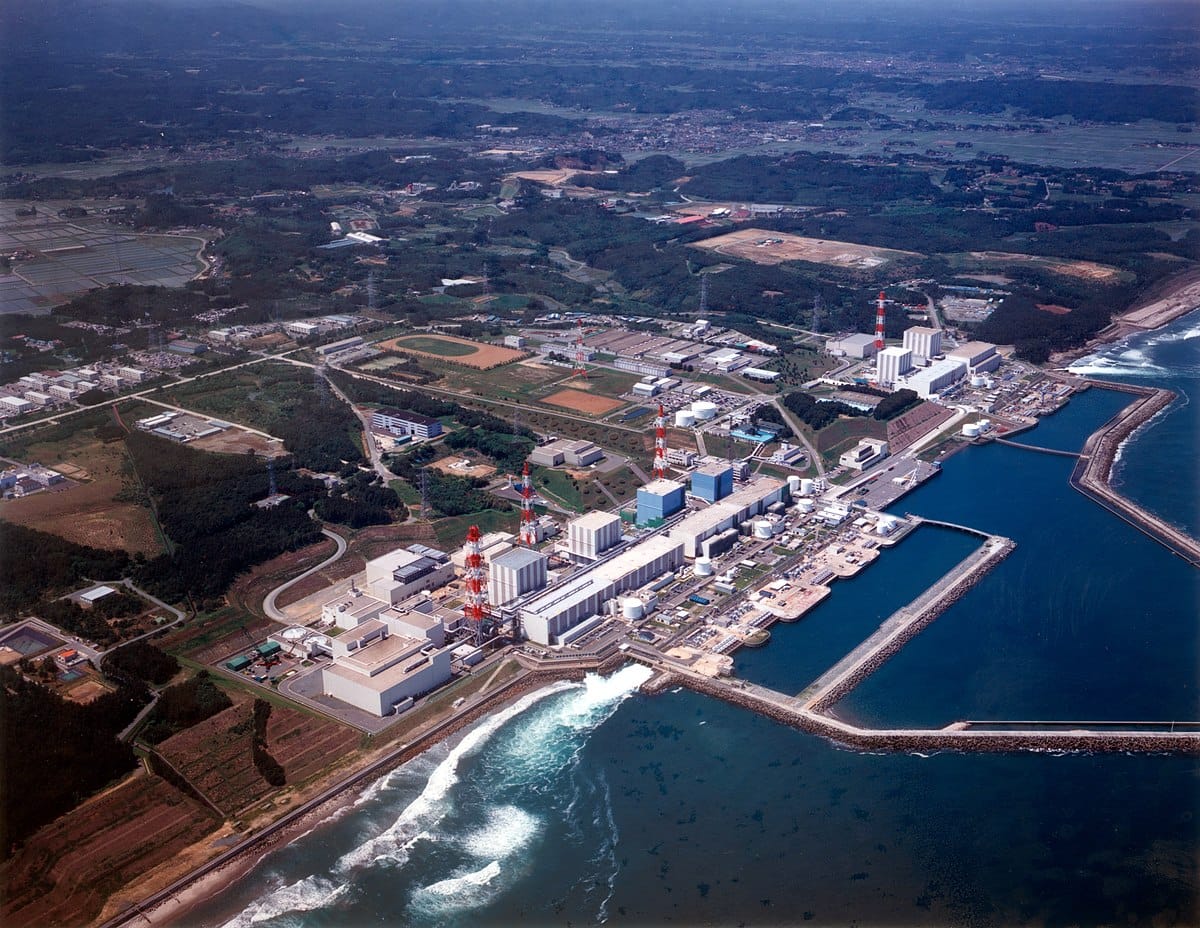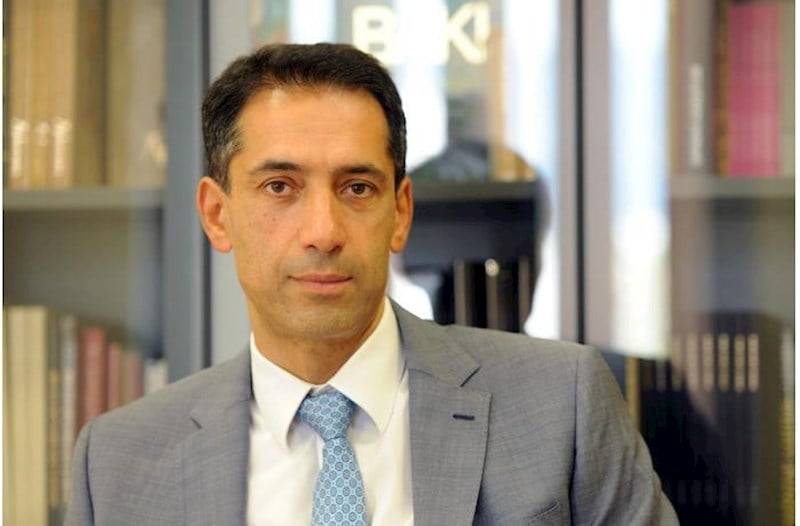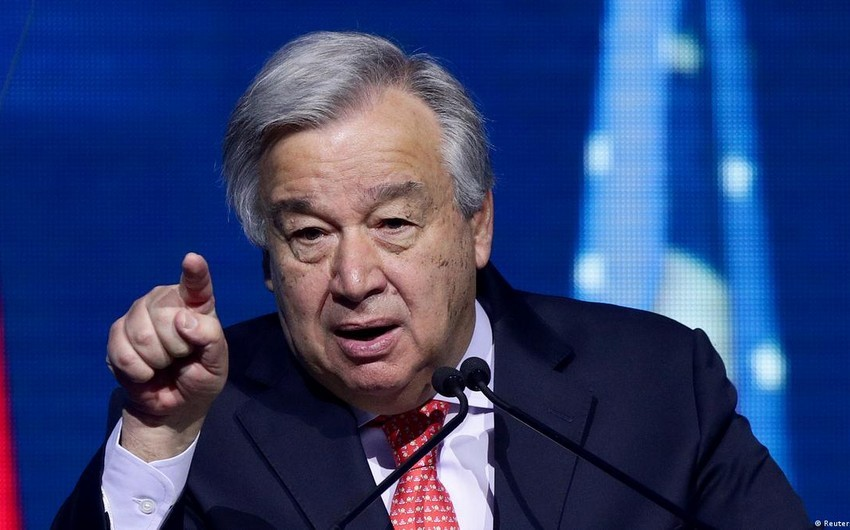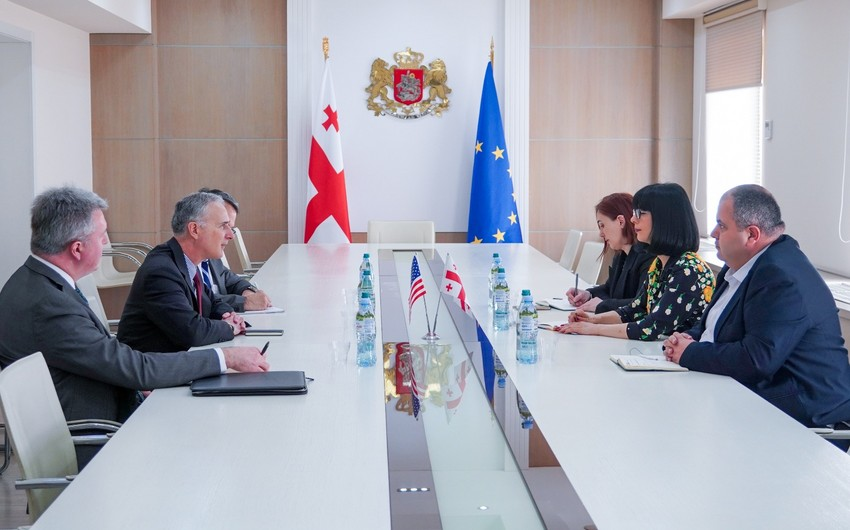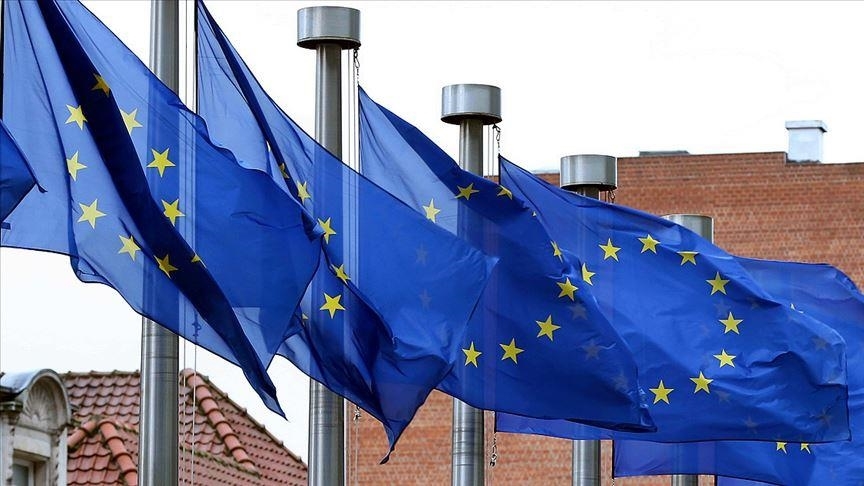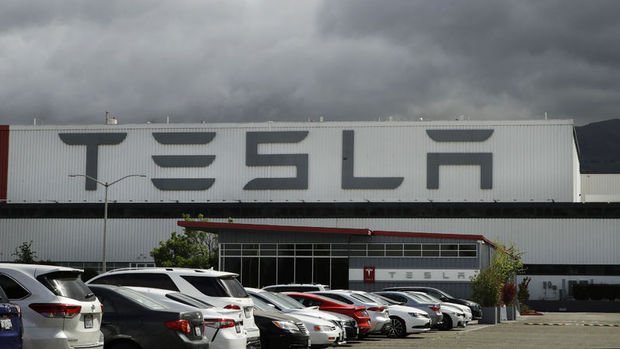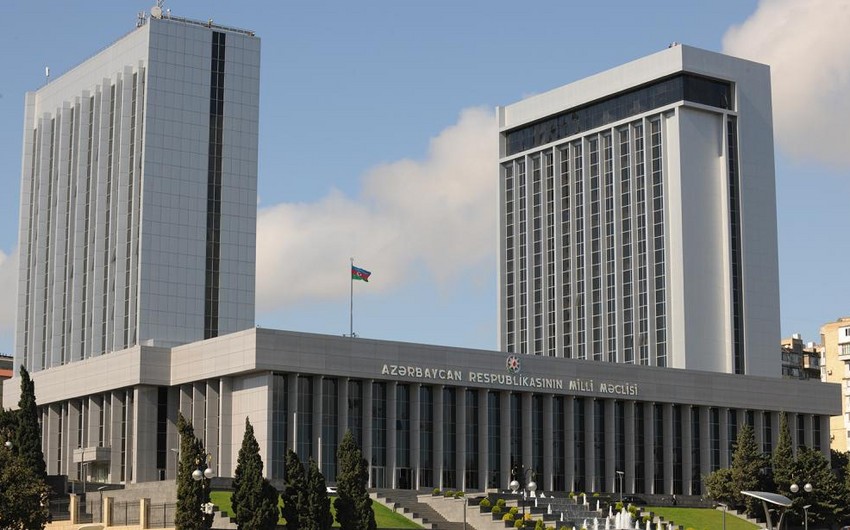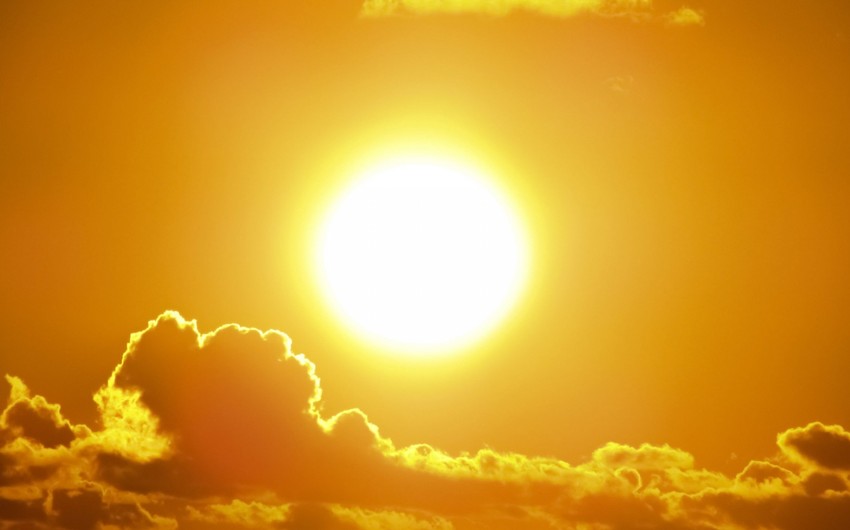Associate Professor Dinh Cong Tuan, PhD, Senior researcher - former Chief Editor of the European Studies Journal - Institute for European Studies, Vietnam Academy of Social Sciences.
Vietnam and the EU have published the agreed text of the EU-VN free trade agreement as of January 2016. How do you estimate the benefits and challenges for Vietnam in accepting these terms?
- Since Oct 2012, Vietnam and the EU have started the negotiations of the EU-Vietnam Free Trade Agreement (EVFTA). In Jan 2016, the two sides have concluded negotiations and published the full text of this agreement. This is a "new generation FTA", which is different from traditional FTAs. New-generation FTAs have the 3 following advantages:
· New generation FTAs address so called "non-trade" matters such as labor, environment, sustainable development and good governance.
· Compared to "traditional FTAs" and WTO agreements, "new-generation FTAs" touch upon new topics such as investment, competition, public procurement, e-commerce, SME development, technical assistance to developing countries as well as an appropriate transition period for less developed countries to adjust their policies according to their level of development.
In addition to existing provisions in past FTAs and the WTO framework, new-generation FTAs such as the EVFTA addresses the following matters more extensively, namely: trade in goods, animal health and plant protection in international trade, trade in services and intellectual property rights (IPRs), which could be seen as TRIPS plus and TRIPS super-plus provisions, trade safeguards, rules of origin, transparency and anti-corruption, investor-state dispute settlement (ISDS), and others.
The main topics in the EVFTA include Trade in goods, Rules of origin, Sanitary and Phytosanitary measures (SPS) and Technical barriers to trade (TBT), Customs, Trade in services, Investment, Government procurement (public procurement), Intellectual property, Competition policy and State-owned enterprises, Trade safeguards, Non-market economy issues, Sustainable development, Dispute settlement, and Transparency.
After signing the EVFTA, Vietnam will be faced with the following opportunities and challenges:
Opportunities:
· Boosting export into the EU market due to reduced tariffs in almost all types of goods.
· The implementation of EVFTA's TBT and SPS measures and rules of origin provisions will help increase exports' added value.
· The implementation of the EVFTA will contribute to business environment improvement and attraction of FDI from the EU and other countries into Vietnam.
· Transfer of new and advanced technologies, which will be employed in production and export.
· The EVFTA will give Vietnam a push in its institutional reform effort, making it in line with the country's economic development and international integration.
· Positive impacts on the labor force's structural shift from agricultural to industrial and service sectors along with increased productivity, lower unemployment, higher income and living standards.
· Improved workforce quality once the EVFTA comes into force.
· Expanded manufacturing and exports as a result of the EVFTA will lead to the development of infrastructure, manufacturing facilities and logistic systems.
Challenges:
· Vietnam will find it difficult to improve the quality of its products in order to access the EU market. To export goods to the EU, Vietnamese businesses will have to comply with a number of provisions on technical, SPS, environment, labor and production aspects, among others.
· Rules of origin, especially for textile products, are a major challenge for Vietnam in concluding and implementing FTAs, including the EVFTA.
· Increased competition in the domestic market as reduced tariffs make imports more competitive.
· The EVFTA will impose on Vietnam strict rules on antidumping, subsidies and trade safeguards.
· Vietnam will need to make adjustments to accommodate dispute settlements in trade related matters such as labor or community.
· Commitments have to be implemented in accordance with roadmaps
· Shortage of trained and skilled labor
· Incomplete legal and institutional framework will be a barrier to attracting investments from EU companies into Vietnam. In addition, the country's infrastructure has yet to meet the demand of expanding manufacturing capacity.
What do you think about the potential of the EU replacing China to become Vietnam’s largest trading partners? What have been achieved in VN-EU bilateral trade so far (please provide statistics, it is very important for us)? In the Guidebook of VN-EU trade it is shown that VN has been enjoying positive trade balance with the EU till 2015. Could you please indicate whether Vietnam expect to continue this positive trade balance after the FTA being ratified? What are the key products that Vietnam expect to increase export volume to the EU (please include updated data and statistics)?
· Currently, China has the largest bilateral trade turnover with Vietnam, followed by the US and the EU. I believe that until 2030, the EU won't be able to replace China as Vietnam's largest trade partner.
· The Vietnam-EU bilateral relationship is one of the most important foreign relations for Vietnam. Vietnam's export to the EU has increased from 11.69% (1996) to 19.03% of total export (2015), just behind that to the US, which was 2.81% in 1996 and 20.63% in 2015. In recent years, the US and the EU have become Vietnam's largest markets for export goods, with turnover exceeding 30 billion USD. Vietnam also has the largest trade surpluses with these markets, more than 20 billion USD annually. To be specific, during the 11 years from 2004 to 2014, total bilateral trade turnover increased rapidly from 7.6 billion USD to 36.74 billion USD, averaging 18.82%/year. Vietnam's export to the EU makes up a consistent portion of total export, from 17 to 20%. Imports from the EU makes up 30.82% of the country's total import.
· In the trade balance between Vietnam and the EU, Vietnam has always been enjoying a surplus, specifically 2.2 billion USD in 2004, 2.9 billion in 2005, 3.9 billion in 2006, 3.9 billion in 2007, 5.3 billion in 2008, 4 billion in 2009, 5 billion in 2010, 8.7 billion in 2011, 11.5 billion in 2012, 14.8 billion in 2013, and 19 billion in 2014. [1]
Total trade surplus of Vietnam to the EU from 2004 to 2014 is 81.7 billion USD. I believe that Vietnam's trade surplus with the EU will be sustained for 5 to 7 years after the EVFTA takes effect, then it will gradually decline. The reason being is there remain huge demands for each other's goods in both sides and such demands are supplementary in nature.
· The key exports from Vietnam to the EU in the coming time will be: (1) Electronics, of which Vietnam exports about 10.3 - 12.5 billion USD to the EU each year; (2) Leather and footwear: 3.5-4.5 billion USD of export per year; (3) Textile and garment: 3.3 - 4 billion USD of export per year; (4) Fish and seafood: 1.4 - 2.2 billion USD of export per year; (5) Coffee: 1.5 - 2 billion USD per year.
On the other hand, what would be the key products to be imported from the EU? Does Vietnam expect high competition for local producers? How is Vietnam preparing her local firms for the harsh competition after the FTA coming into effect (legislation reforms, government support, labour productivity)? What is going to be Vietnam’s competitive advantage?
- In terms of imports from the EU, once the EVFTA takes effect, import duties on EU goods into Vietnam will be reduced to 0%. The prevailing tariffs are relatively high, especially for machinery, electronics and pharmaceuticals, which are the main imports from the EU. Accordingly, the reduction of tax revenue due to lower tariffs on these goods is estimated at 375.63 million USD, of which 20.1 million USD is from pharmaceutical, 7.12 million USD from steel, 23.71 million from chemicals and 14.7 million from electronics.
- Currently, Vietnam wants domestic enterprises to step up restructuring and reforms to integrate more extensively into the global market and improve competitiveness. The country has put forward a number of very practical solutions as follow:
1. Macro solutions
a- Complete the legal framework and improve the business environment to implement EVFTA commitments
b- Help businesses to maximize opportunities and overcome challenges as the country take part in the EVFTA
c- Directly take charge in resolving challenges to increase export when the country engages in the EVFTA
2. Solutions for businesses
a- Improve the competitiveness of businesses and exports
b- Step up trade promotion effort in EU markets
c- Strengthen cooperation among businesses
d- Be prepared and responsive to trade disputes
e- Develop human resources for businesses
3. In the 5-7 years leading up to the EVFTA's official implementation, Vietnam will continue to enjoy its traditional advantages such as cheap raw material and labor. To be precise, our main exports such as textile and garments, leather and footwear rely mostly on cheap labor with low technology content. Businesses mainly use labor-intensive processes, hence low value added. Over 20% of our total export is crude oil and agro-produces. These products are not sustainable as exports since their prices are highly dependent on the global markets.
Therefore, in this lead-up process, Vietnam needs to implement effectively and aggressively its reforms to develop new technologies, new industries and new investments in high value-added, creative and high quality products. Moreover, the human factor, namely human resource qualifications are also very important. A high human factor index can give a boost to the economic development index. This is the only way for Vietnam to secure its advantages in economic relations with the EU in particular and international partners in general.
Finally, there has been an issue between Vietnam and Germany concerning Mr. Trinh Xuan Thanh. Could you please explain with us in details the story? How do you estimate the impacts of this on VN-Germany relations? Can it have any impact on VN-EU FTA ratification?
Regarding this case, I learn through the mainstream media that Mr. Trinh Xuan Thanh has returned to Vietnam to turn himself in and cooperate with the investigation to ask for clemency. The State of Vietnam takes a very humane approach in dealing with those who repent and are willing to redeem their wrongdoings. The Western press and unofficial media made many contradicting claims about the Trinh Xuan Thanh case. I believe that the sound traditional relationship between Vietnam and the Federal Republic of Germany, which have been nurtured for a long period of time, will not be affected by this small incident. Bear in mind that this is a long-term, strategic partnership. Therefore, both sides will look at the "big picture" in working out the things they have yet to understand of one another. This case will not affect the ratification of the EVFTA.

